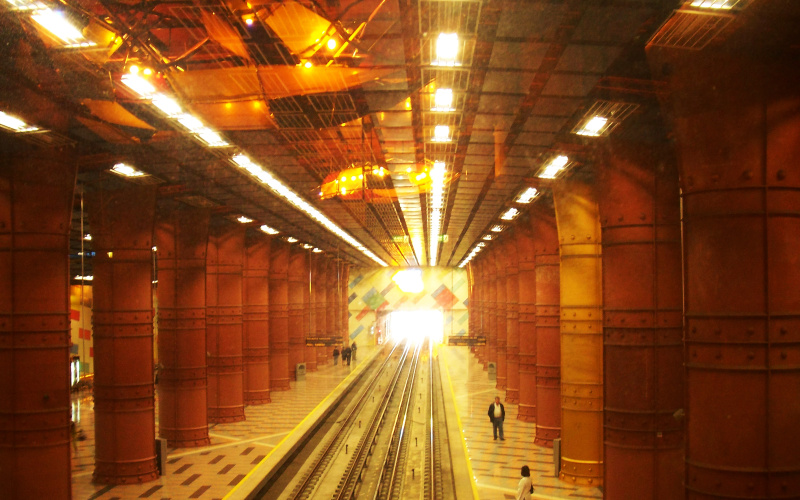Andreas Jacke: Experiencing Fear and Angst
Their Psychoanalytic Meaning and Interpretation through the Theoretical Reception of Contemporary Fictionary Films
- Erstellungsdatum
- Dauer
- 22:16
Beschreibung
The project aims at classifying, interpreting and explaining the diverse forms of fear (angst) as provided in contemporary fictional film by introducing, analyzing and arguing a sample of philosophical and psychoanalytical theories of fear. It is also intended to take into account some of the political aspects of the genesis of fear by using theoretical insights of Theodor W. Adorno and Walter Benjamin. Fear as a disruption of a healthy relation towards the external world is a blockade of the relation to other human beings. But according to Jacques Derrida there is no meeting with others without fear. This quasi-paradoxical relation will also be taken into account.
As far as psychonalytical models are taken into account, the focus will lie on Fritz Riemanns standard work Grundformen der Angst (1961). It will function as a basic text to introduce and discuss four basic types of personality (schizoid, depressive, anancastic, hysteric) with regard to their related froms of fear.
With support of these different approaches, all aiming at differentiating presentations of the reasons and causes of fear, the emotional settings in cinematographic reception concerning fear will be analyzed, classified and explained. The getting off ground hypothesis is that fear in films is motivated by very different structures, different genres and narrative elements of and in films are narrowly correlated with the different forms of fear as presented in the theories. The following seven correlations are hypothesized:
- anancastic fear (comedy)
- hysterical fear (musical and dance)
- traumatic fear (thriller)
- paranoid fear (action and thrill, science fiction)
- schizoid fear (horror and mindgame, fantasy)
- depressive fear (apocalyptica / melodrama)
- additional psychoanalytical categories of fear (love films, western, war movies et al.)
One of the basic aims is to show the full spectrum of the possible ways of reception by spectators with regard to fear. What are the structures of meaning associated analogously with the generation of fear and how are these psychoanalytically intepretable via the narrative patterns of the films? With the philosophical layer there is a possibilty to evaluate how fear is used and how it operates. Is it an opener to the other human being or is it an obstacle to or a darkening of the horizon of experience? Has it, e.g., racist, sexist or totalitarian backgrounds or does the experience of fear open up new fields of experience by confrinting the spectator with something new, yet unknown to him/her?
